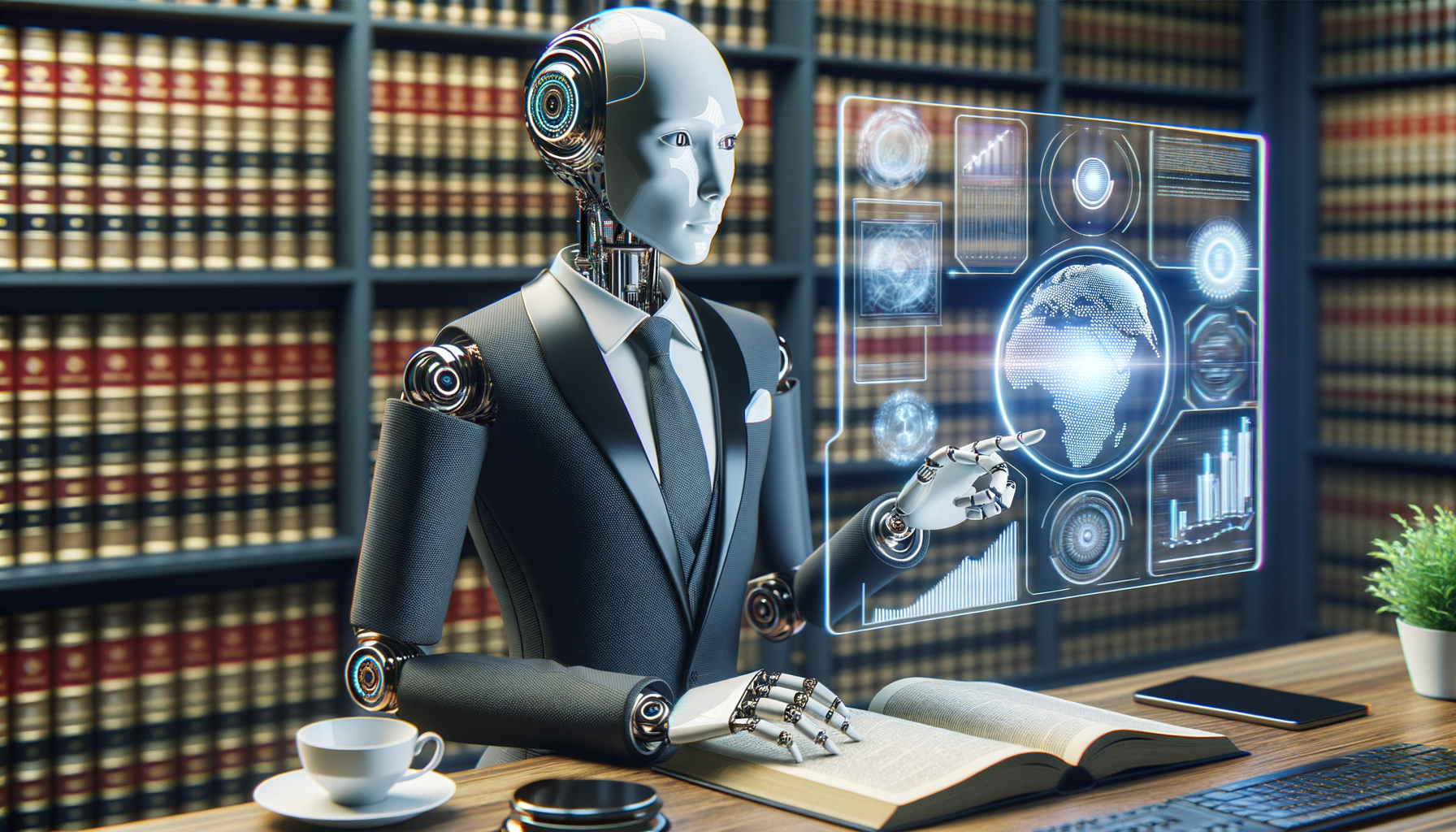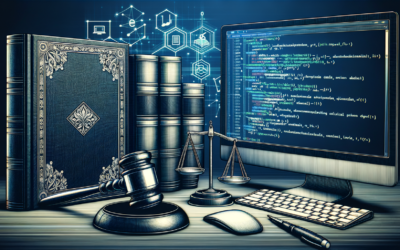Artificial Intelligence Lawyer
The advent of artificial intelligence (AI) is transforming various sectors, and the legal field is no exception. Used wisely, AI can become a powerful tool for lawyers and revolutionize traditional legal practices.
What is Artificial Intelligence Lawyer?
Artificial intelligence refers to the set of technologies that simulate cognitive skills to assist legal professionals. This includes drafting legal documents, analyzing jurisprudence, and predicting trial outcomes, among others. The aim is to complement human expertise, not replace it.
The role of AI in the lawyer’s daily life
The integration of AI offers substantial time savings for lawyers. For example, predictive analytics can provide a data-driven assessment to anticipate judicial decisions. In addition, automation tools handle repetitive tasks, enabling lawyers to concentrate on more strategic aspects of their business.
Automation of administrative tasks
With solutions such as lawyer accounting software and lawyer billing software, AI simplifies administrative management. It increases the accuracy of data entry and minimizes the risk of errors, enabling better financial management.
Analysis of legal data
AI in the legal sector is capable of digesting massive quantities of information, such as case law files or contracts, decoding patterns and trends that would otherwise escape human analysis due to their complexity or volume.
The ethical impact of AI on the legal profession
The integration of artificial intelligence into the practice of law also raises important ethical questions. Confidentiality of customer data, transparency of algorithms and liability in the event of AI error are subjects at the forefront of current discussions.
Respect for customer confidentiality
AI systems must be designed with data confidentiality and security in mind. Strict protocols must be put in place to ensure that information remains private and protected.
Transparent decision-making processes
It is essential that the use of AI in law is carried out with total transparency. Professionals need to be able to understand and explain how the tools make their decisions, to guarantee trust in this man-machine partnership.
How AI is transforming case studies and legal research
Lawyers can now rely on AI to rapidly analyze a wide variety of legal data. This allows for more in-depth case study and leads to more informed legal advice. AI technology can identify key arguments and precedents that might otherwise go unnoticed.
Frequently asked questions
Here’s a list of frequently asked questions about artificial intelligence for lawyers.
How can AI predict trial outcomes?
AI makes predictions by analyzing data from previous similar cases. By recognizing patterns, it assesses the probabilities of different verdicts.
Can AI replace the lawyer?
No, AI is designed to be an assistance tool. Human judgment and empathy remain indispensable in legal decision-making.
Does AI guarantee a more efficient legal outcome?
It contributes to greater efficiency by streamlining the research and analysis process. However, the quality of the legal outcome still depends on the interaction between AI and the lawyer’s expertise.
Is the use of AI regulated in the legal sphere?
Yes, although regulations vary from one jurisdiction to another. It is essential to keep abreast of legislative and ethical developments relating to the professional use of AI.
Based on current information and understanding of AI in legal practice, this article explored several facets of its application. Continuous advances in this field promise to redefine and optimize the legal profession.




